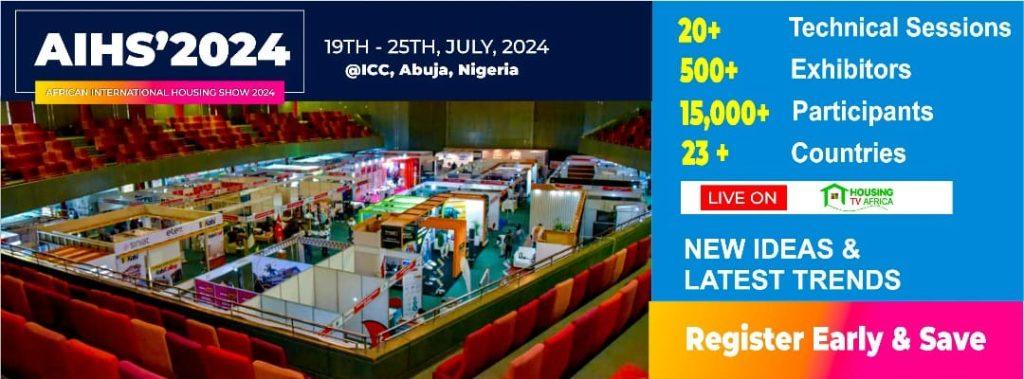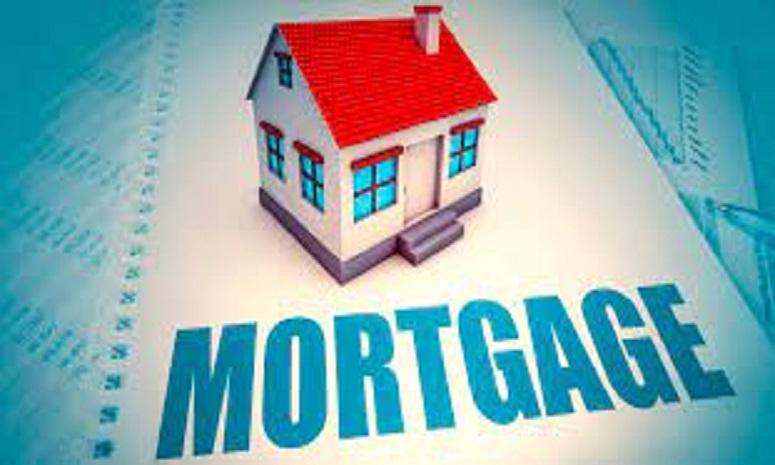By Festus Adebayo
In a recent report, the shortcomings of Nigeria’s mortgage system have been brought to light, highlighting significant barriers to homeownership for many Nigerians.
The report, which analyzes the state of the mortgage sector, identifies several key challenges that hinder the effectiveness of the system.
One of the major issues identified is the limited access to mortgage financing. High down payment requirements and strict eligibility criteria make it difficult for low and middle-income earners to access mortgage loans.

This has led to a reliance on informal lending sources or renting, further exacerbating the housing crisis in the country.
Another critical challenge is the prevailing high-interest rates in Nigeria, which significantly impede the growth of the mortgage sector. The burden of servicing loans becomes exorbitant for borrowers, discouraging potential homeowners and stagnating the housing market.
READ ALSO: Architect of Change: Femi Adewole Emerges Coop Mortgage Bank Chairman
The report also highlights the short loan tenures associated with Nigerian mortgage loans. This results in substantial monthly repayments, leading to financial strain and potential defaults. Longer loan tenures could alleviate this burden and make homeownership more feasible for borrowers.
Additionally, the lack of well-developed infrastructure, such as reliable property records and titling systems, creates uncertainty and increases the risk for lenders.
This results in financial institutions being hesitant to offer mortgages without a clear understanding of the property’s legal status, further complicating the mortgage process.
The unaffordable housing market in Nigeria is another significant challenge, with soaring property prices making homeownership unattainable for many. The limited supply of affordable housing exacerbates the situation, leaving potential buyers with few viable options.
READ ALSO: ICPC to partner Institute of Mortgage Brokers and Lenders
Experts have called for urgent reforms to address these challenges and make homeownership more accessible to Nigerians. These reforms include easing access to mortgage financing, lowering interest rates, lengthening loan tenures, and strengthening the legal and regulatory framework. Investments in infrastructure and affordable housing initiatives are also seen as vital in creating a sustainable and inclusive mortgage system.
The Nigerian government is urged to take decisive action to implement these reforms and address the pressing issue of the mortgage system’s inefficiency. By doing so, Nigeria can pave the way for a robust and functional mortgage system that benefits both individuals and the broader economy.



